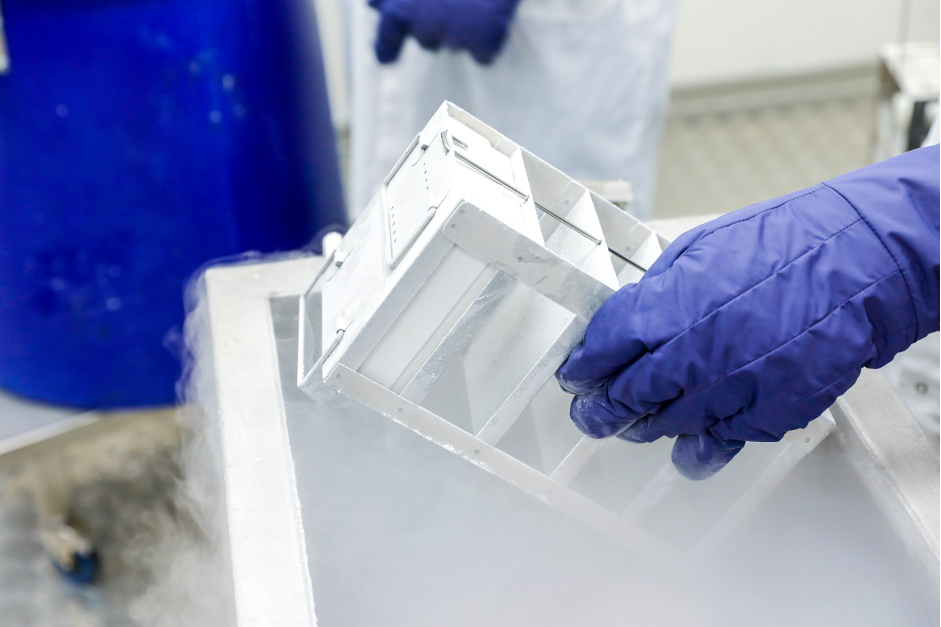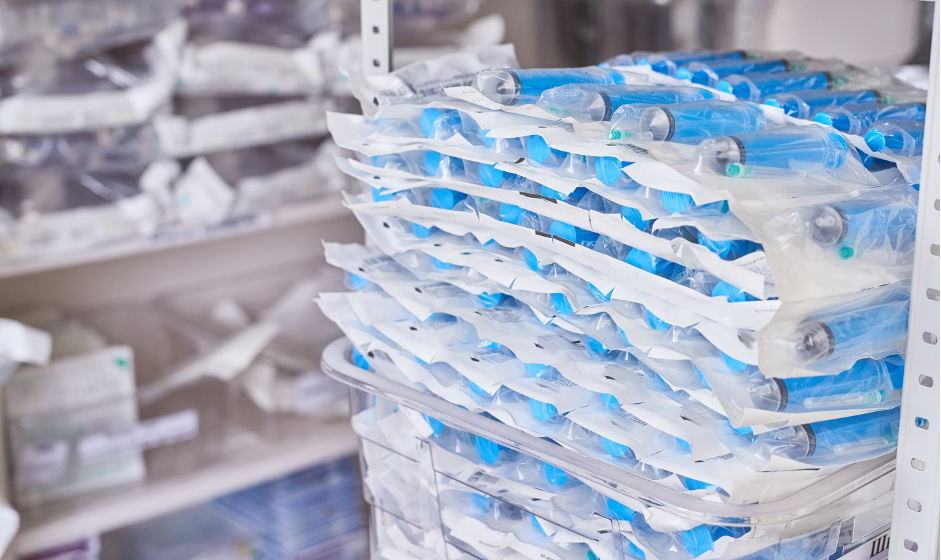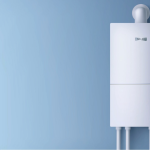Pharmaceutical transportation is a tricky business, so what does the air shipping of medical cargo actually involve?
Air cargo shipping is used to transport all kinds of items, but when it comes to shipping pharmaceuticals there are some key considerations to be aware of. The delicate nature of these products means that they have to be handled with the utmost care in order to reach their destination and be put to use on arrival. Otherwise, there’s a risk that medical cargo can degrade or perish, meaning that it’s useless at the end of its transit.
However, the paradox here is that pharma air cargo is often needed in a hurry, requiring those transporting pharmaceutical products to walk the tight rope between speedy delivery and the careful, precise handling of cargo. It’s this balance that so many air cargo transport providers find difficult to negotiate, making the provision of safe, delicately handled, time-critical air cargo charter a job best left to the experts.
This article will break down some of the characteristics of medical cargo to help you understand pharmaceutical transportation and what’s involved in shipping pharmaceuticals via air cargo charter. This should give you some idea of what makes pharma air cargo so difficult and why only the most well-equipped air cargo charter providers are able to fulfil obligations of this nature.
Delicate
Everyone knows that medicine and pharmaceutical products can be temperamental at the best of times. Anyone who’s opened a drawer and reached for an aspirin only to find that it’s expired or been perforated – seemingly by nothing – will be well aware that, even on the micro scale, medical cargo needs careful handling. Imagine how amplified these frailties become when we’re dealing with intercontinental air cargo transport.
This nuance of pharmaceutical transportation might be taken for granted by some – after all, nobody expects their cargo to be bashed around and mistreated, however robust it may be. It’s crucial to stress here just how involved this process is with pharmaceutical air cargo, though; it’s not simply a case of packing it a little more tightly and keeping an eye out.
For this reason, cargo medical is an industry that has spawned another industry in its quest to guarantee that pharmaceuticals transport proceeds without a hitch – ultra-secure packaging. By securing your medical cargo in custom-built pharmaceutical containers that can even moderate their internal temperature, delicate pharmaceutical cargo arrives to where it needs to be in pristine condition.
Temperature-sensitive
The idea of maintaining the temperature of medical cargo is not limited to its storage during the cargo air shipping process, though – it’s crucial that eyes are kept on the thermometer throughout. This means that from the second medical cargo leaves its point of origin until the moment it reaches its destination its temperature is closely monitored in order to ensure that the viability of the pharmaceuticals within is not compromised.
Whilst the cargo itself must be packaged and held according to strict temperature requirements when in the air during cargo air shipping, there are also a whole range of other forms of temperature controls to consider. The journey to the airport, for example, requires a mode of transport that is carefully controlled. Medical cargo must also be kept comfortable before its flight (much like passengers!), so it’s crucial that the airports used by pharmacy transport providers possess the facilities to allow these products to be kept safe.

Time-critical
There are two aspects to the time-critical nature of air cargo pharmaceutical products, both of which require careful consideration in order to fulfil orders and potentially help save lives. Firstly, tying into the previous two points, we’ve established that medical cargo is not the most resilient of shipping materials. The longer it’s kept up in the air, literally and metaphorically, the more the risk of damage occurring increases. This means that it’s in the interest of air cargo shipping providers and those sending pharmaceutical products alike to ensure that these packages get where they need to be with plenty of time left on the clock.
Secondly, in a broader sense, pharma air cargo of this nature is often part of a wider humanitarian response. Disaster relief efforts in the wake of an infectious disease outbreak, for example, require swift work to alleviate the potential impact, and pharmaceutical air cargo charter can be a vital cog in this machine. Put simply, the faster an air cargo transport provider is able to deliver, the quicker medicines get to where they need to be. The quicker medical air cargo arrives, the sooner it can be put to use, alleviating suffering and potentially saving lives.
Time-critical air cargo charter is a unique service that not every provider is equipped to facilitate. In circumstances of extreme peril, it’s important that the most senior and professional air cargo charter providers are entrusted with the responsibility of delivering. This is because it’s not as simple as telling your team to ‘hurry up’ and leaving them to it. Robust logistics networks that are experienced and ready to work with the utmost haste are the key to a high-speed operation, and these take a long time to establish and even longer to perfect.
Unique
At the core of the issue of pharmaceutical air cargo transport is the fact that specific cargo requires specific handling solutions. A one-size-fits-all approach might work for, say, a shipment of durable plastic products, but when it comes to objects as sensitive as pharmaceuticals, transportation can’t just involve sticking them in a crate on a cargo plane. Medical cargo is not a panacea – each shipment will have its own foibles and idiosyncrasies that make cargo air shipping for pharmaceutical goods a custom-built approach each time, by necessity.
It’s not enough for a shipping provider to simply say ‘we’re shipping medical cargo, so let’s use the air cargo pharmaceutical route – job done’. Instead, every medical shipment requires a custom consultation and a handmade shipping process to ensure that it arrives at its destination on time, intact, and at the correct temperature, ready to be put to use immediately.
Whilst this means that no two pharmaceuticals transportation jobs are alike, the specific requirements of medical cargo can even lead to differences of approach within the same shipment. Insulin, for example, should be stored at 2–8 °C and not frozen, but some specific drugs, such as Gliadel, require storage conditions of -20 °C. If one were to ship Gliadel at the same time as Insulin, then, this presents a challenge for the medical cargo shipping provider that requires careful handling, separate compartments, and a wealth of expertise to overcome.

A shot in the arm
While the above may make it seem like medical air cargo transport is an almost impossible task, encouragement should be taken from the fact that there are providers with a wealth of experience of delivering against the odds. Long-established with a proven track record like Chapman Freeborn, for example, have been providing pharmaceutical transportation solutions via time critical air cargo charter for decades, making them well-equipped to handle the intricacies of any medical cargo shipment – however fragile.
Air cargo charter provider’s worldwide freight delivery operation has also been put to good use in the delivery of numerous humanitarian aid responses, involving not only medical cargo but also food, shelter materials, and a whole host of other provisions necessary to overcome disasters of all kinds.
If you’re in need of a supplier capable of overcoming the difficulties involved in shipping pharmaceuticals and sending medical cargo via time critical air cargo charter; with robust logistics networks that are able to incorporate any number of unique requirements that might present themselves; and with a team composed of the kind of dedication and expertise that are necessary in such a volatile and sensitive field, then you’re in luck. Air cargo charter companies like Chapman Freeborn make certain that your medical cargo arrives in time, intact, and in safe hands.
Lynn Martelli is an editor at Readability. She received her MFA in Creative Writing from Antioch University and has worked as an editor for over 10 years. Lynn has edited a wide variety of books, including fiction, non-fiction, memoirs, and more. In her free time, Lynn enjoys reading, writing, and spending time with her family and friends.















